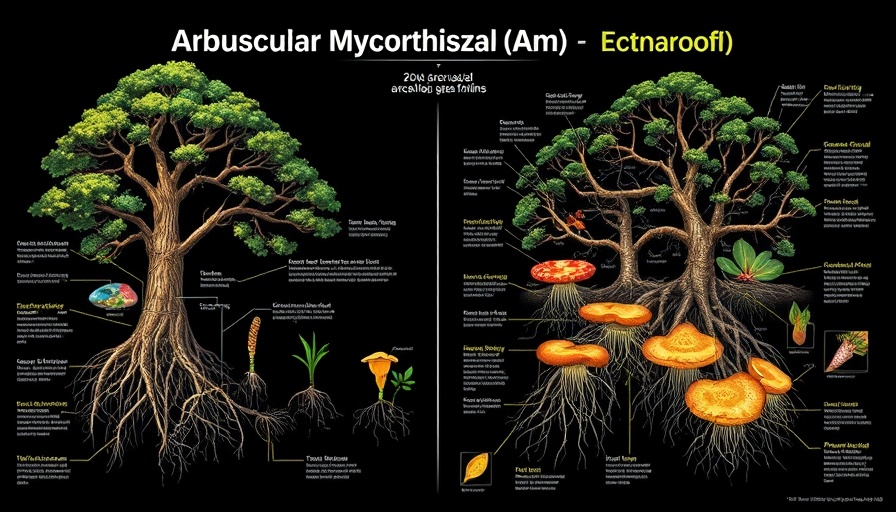
Deepening the Crisis: The Fate of Climate.gov
In a striking move reminiscent of broader trends impacting climate communication, the Trump administration has dismissed the entire content team of Climate.gov, effectively stifling the dissemination of critical climate science information. This drastic step not only disrupts a popular source of knowledge but signals a growing trend regarding governmental transparency in climate communication.
Why Climate.gov Matters
Established as a hub for reliable climate-related information, Climate.gov served as the National Oceanic and Atmospheric Administration's (NOAA) platform for educating the public on climate science, adaptation strategies, and mitigation efforts. With hundreds of thousands of site visits each month, it has proven invaluable for individuals seeking authoritative insights in a world increasingly influenced by climate change. Rebecca Lindsey, a former program manager for the website, articulated this importance succinctly: "Our goals are to promote public understanding of climate science."
Political Interference in Climate Communication?
The abrupt termination of the content team, characterized by Lindsey as a "deliberate, targeted attack," raises critical questions about political influence in scientific communication. The decision comes amidst a broader narrative of diminishing support for climate science within government agencies, reflecting a trend where critical environmental facts are systematically suppressed or underrepresented. This pattern aligns with concerns over the politicization of science—a constructive discourse that community leaders and educators must address.
Public Response: The Call for Accountability
As news of the layoffs reached social media platforms, public outrage resonated strongly. Environmental advocates and concerned citizens alike questioned the motives behind restricting access to public climate information. Effective climate communication is essential, and losing a well-respected platform felt like a setback in the communal fight for ecological responsibility. It begs the question: How can communities advocate for transparency and science-based information without the support systems that have served them?
The Path Forward: Advocating for Open Climate Communication
Although Climate.gov's immediate future appears uncertain, the practice of advocating for open and honest communication around climate issues remains critical. As each community navigates its specific climate challenges, mobilizing local stakeholders to push for accessible climate science can create new pathways for information dissemination. The voices of citizens must become the backbone of advocacy, ensuring that climate education remains a priority regardless of administrative agendas.
In the wake of these changes at NOAA, it’s vital for individuals and organizations to understand the significance of advocating for public, science-based information. As we face the onslaught of climate-related challenges, let’s commit to furthering the dialogue, sharing knowledge, and ensuring that platforms like Climate.gov remain part of the public discourse.
Empowering Ourselves with Knowledge
It is worth reflecting on how each of us can contribute to a more informed society regarding climate change. Engaging in community discussions, supporting grassroots movements focused on environmental education, and utilizing reliable resources can amplify our collective voice. Whether through social media, community workshops, or simply sharing insights with friends and family, the call to action is clear: Let’s be advocates for science and transparency in climate communication.
 Add Row
Add Row  Add
Add 



Write A Comment